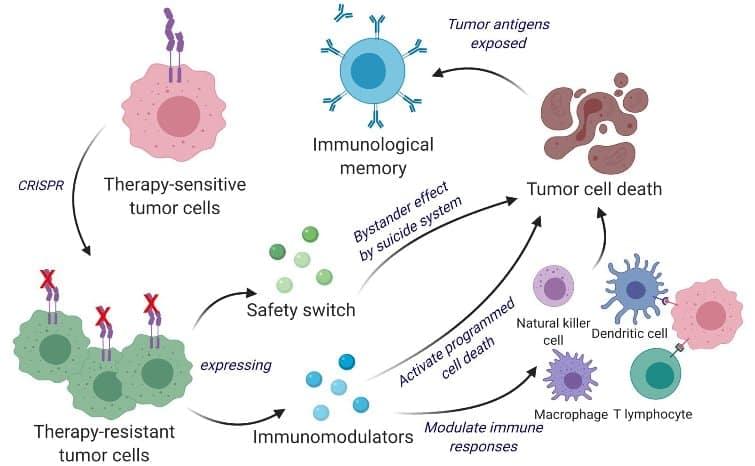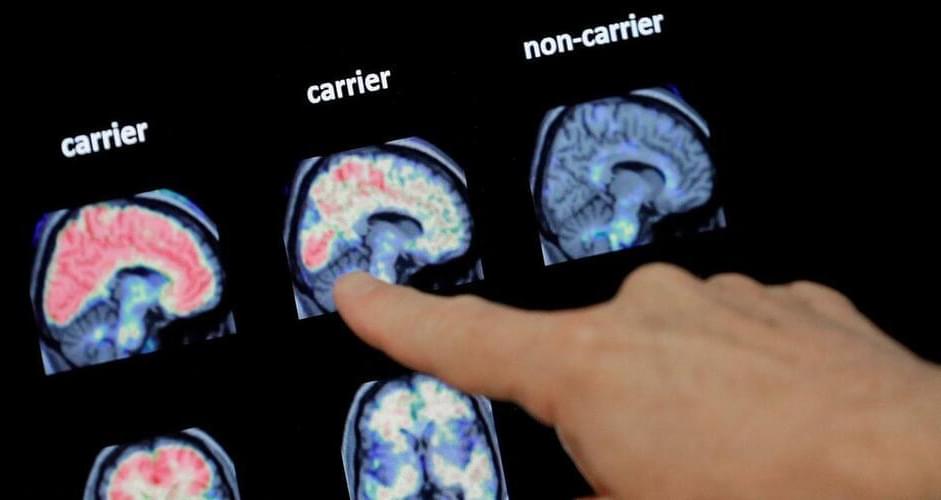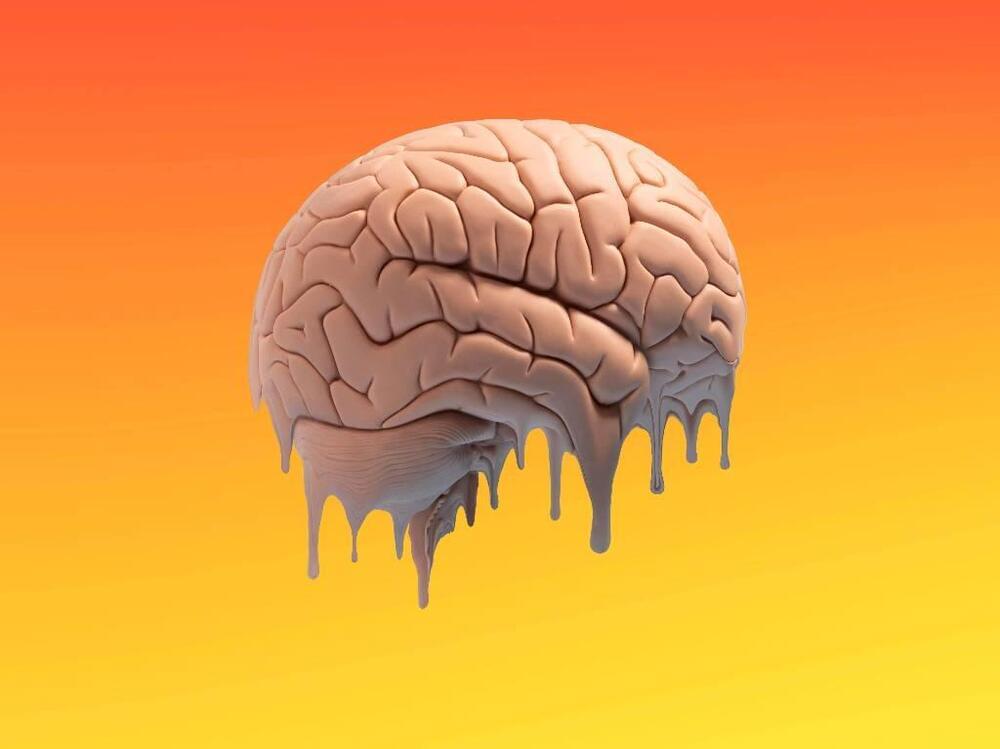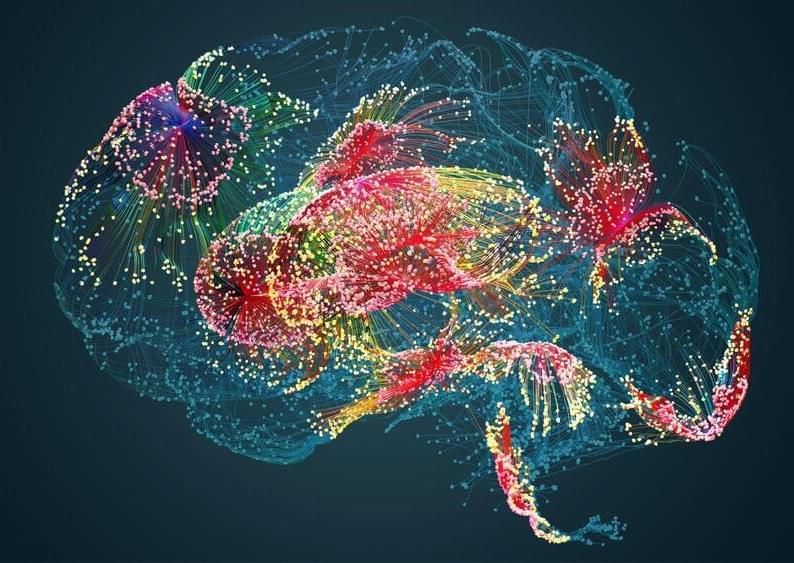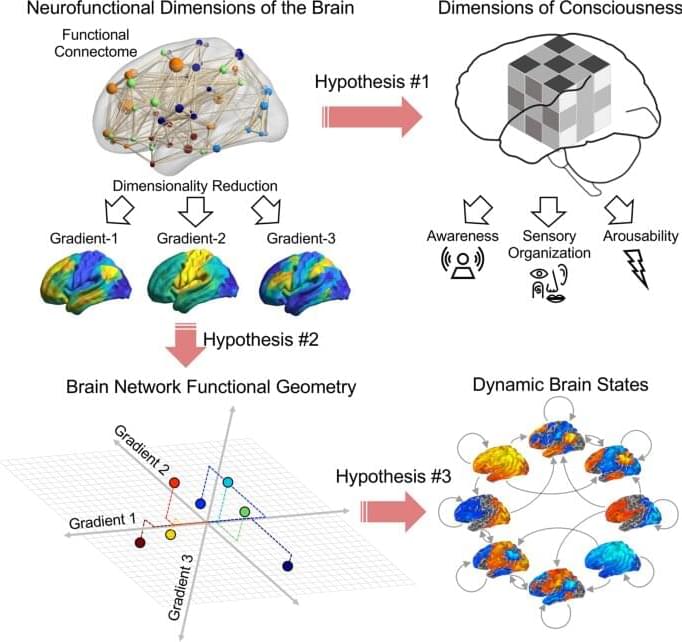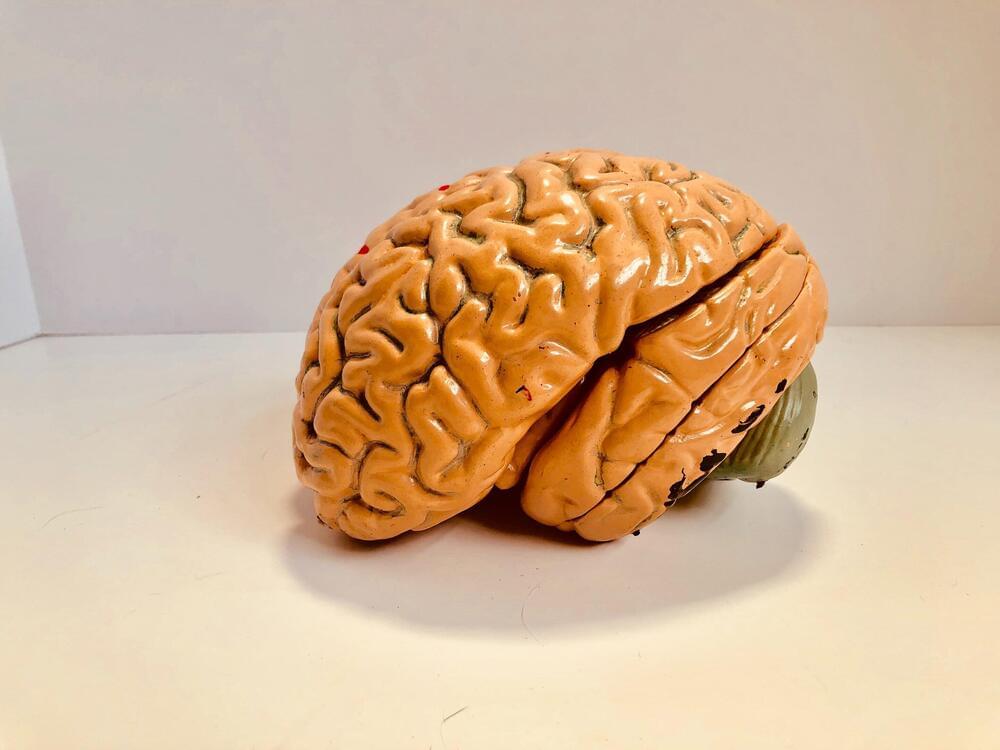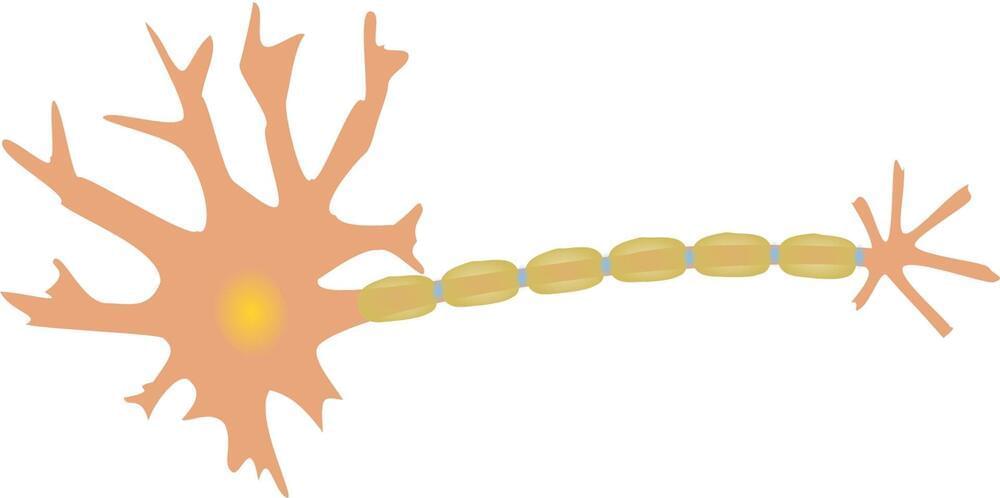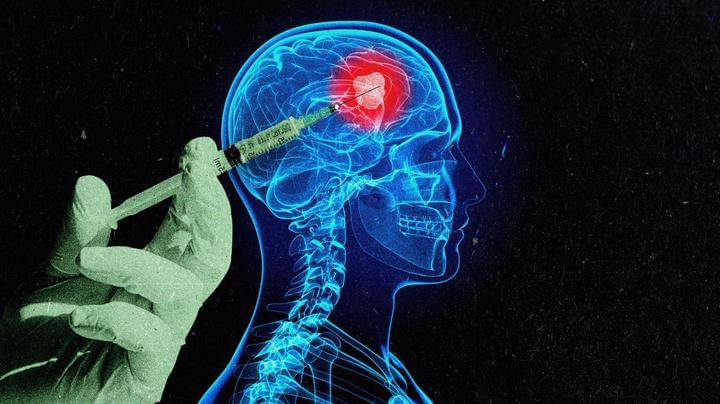Though the team largely explains the function of SLYM in mice, they do study its presence in the adult human brain as well.
The human brain is tremendously complex, and scientists are yet to unlock its full potential. Now, a discovery has identified a previously unknown component of brain anatomy that doubles up as a protective barrier for our grey matter and a platform from which immune cells can monitor the brain, according to a release.
Maiken Nedergaard, co-director of the Center for Translational Neuromedicine at the University of Rochester and the University of Copenhagen, and Kjeld Møllgård, M.D.
Nopparit/iStock.
The researchers named the layer SLYM, an abbreviation of Subarachnoidal LYmphatic-like Membrane. SLYM divides the space below the arachnoid layer and the subarachnoid space into two sections.
